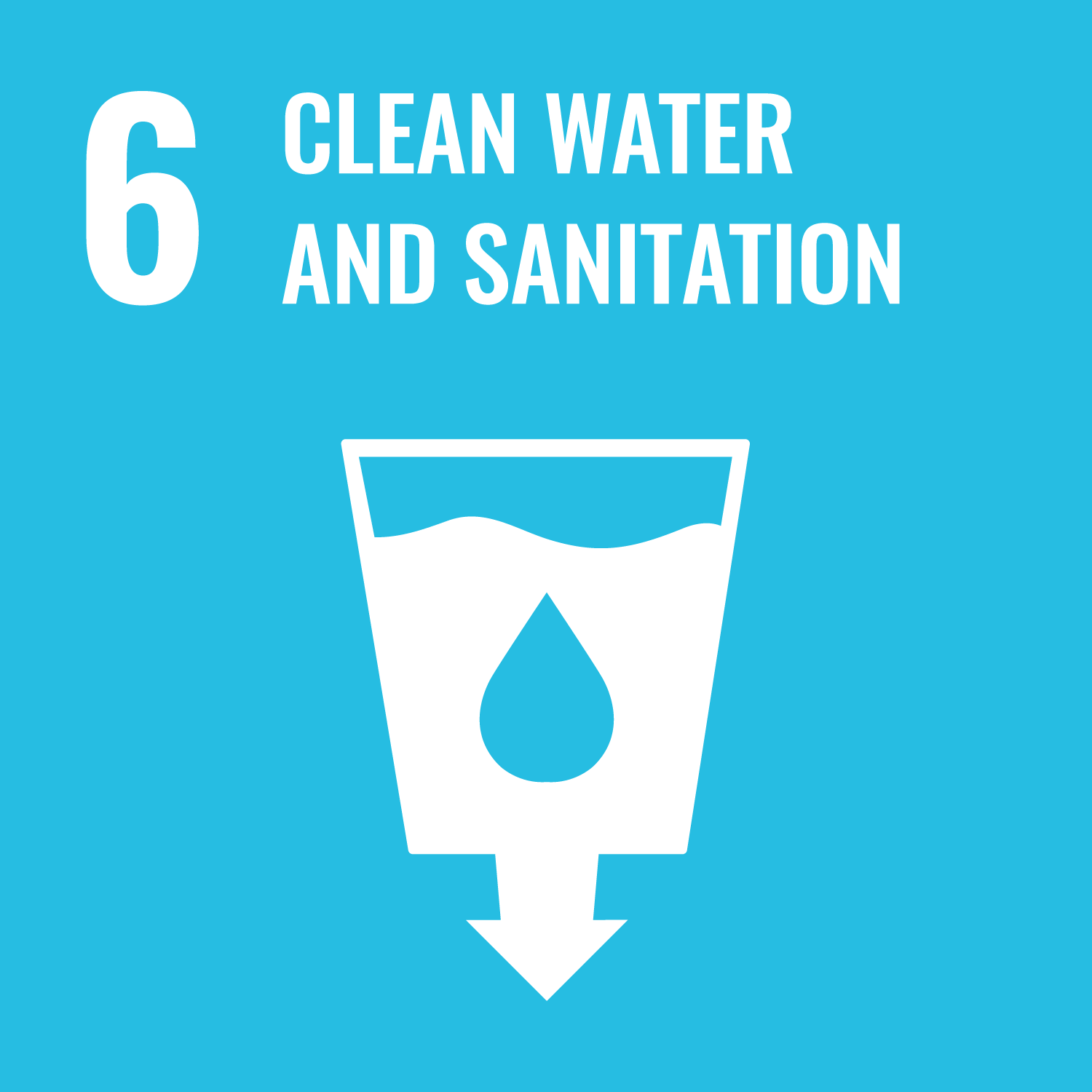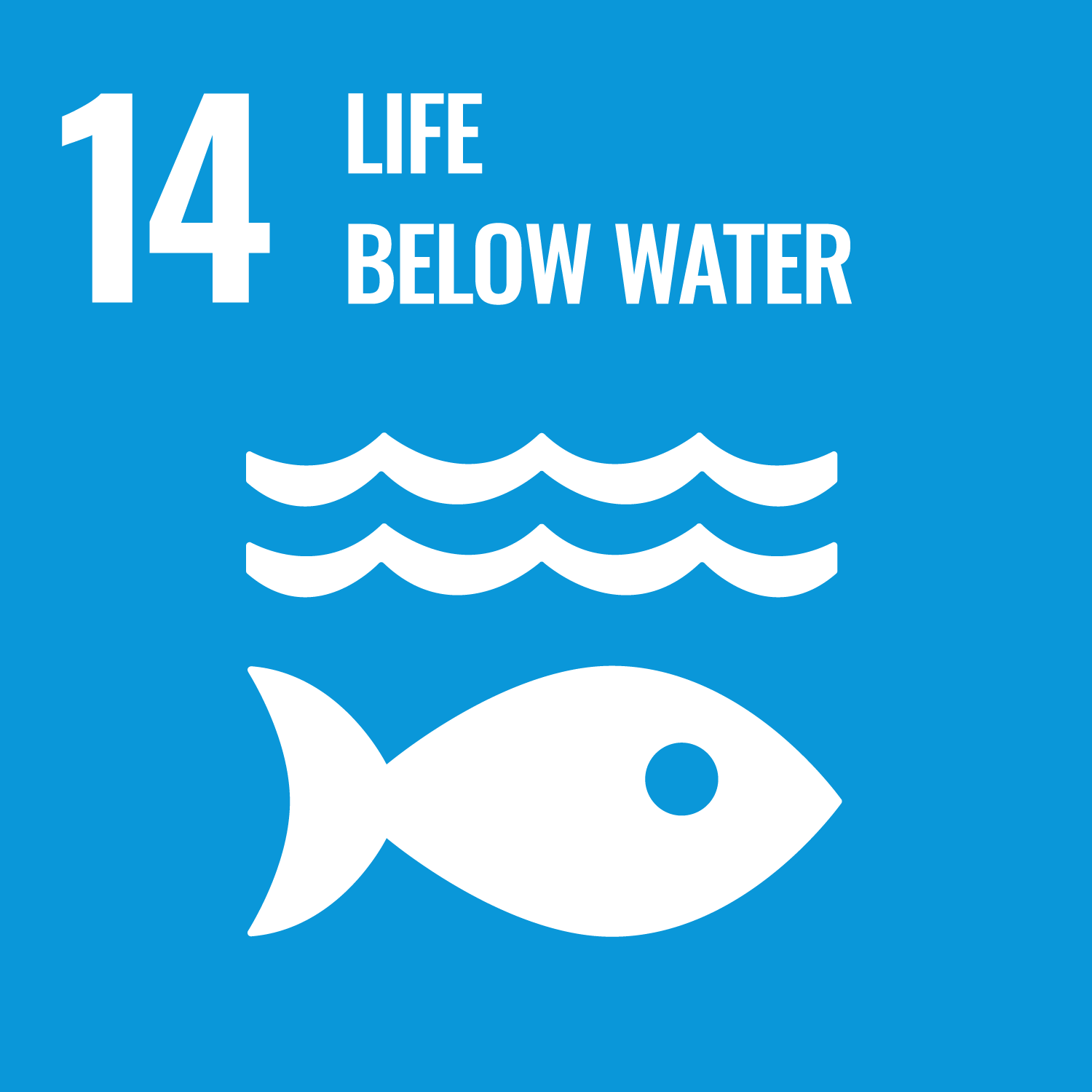This class focuses on principles in analytical chemistry. Through instrumental analysis techniques such as electrochemical
analysis, molecular spectroscopic analysis, atomic spectroscopic analysis, gas chromatography, liquid chromatography, and
mass spectrometry, students will gain an understanding of qualitative and quantitative methods for substances.
The objective of this class is to understand the principles of analytical chemistry and be able to explain the principles
and technical backgrounds of the latest instrumental analysis technologies.
- Understand the operation of basic analytical instruments, preprocessing, and data processing
- Understand of the principles of various instrumental analysis methods and the ability to explain the information obtained from each analysis method
- Ability to explain with specific examples how each instrumental analysis method is used in research
| Intermediate exam | Mid-term exam | Final exam | Total. | |
|---|---|---|---|---|
| 1. | 10% | 20% | 5% | 35% |
| 2. | 10% | 15% | 15% | 40% |
| 3. | 10% | 0% | 15% | 25% |
| Total. | 30% | 35% | 35% | - |
| Class schedule | HW assignments (Including preparation and review of the class.) | Amount of Time Required | |
|---|---|---|---|
| 1. | Basics of analytical chemistry | Summarize and understand the basics of analytical chemistry | 190minutes |
| 2. | Fundamentals of Analytical Chemistry 1: Units and Concentration Calculations | Summarize and understand Units and Concentration Calculations | 190minutes |
| 3. | Fundamentals of Analytical Chemistry 2: Basic Analytical Instruments and Operations | Summarize and understand Basic Analytical Instruments and Operations | 190minutes |
| 4. | Fundamentals of Analytical Chemistry 3: What is a calibration curve? (i) | Summarize and understand What is a calibration curve? (i) | 190minutes |
| 5. | Fundamentals of Analytical Chemistry 4: What is a calibration curve? (ii) | Summarize and understand What is a calibration curve? (ii) | 190minutes |
| 6. | Fundamentals of Analytical Chemistry 5: Lower Limits of Detection and Error Propagation | Summarize and understand Lower Limits of Detection and Error Propagation | 190minutes |
| 7. | Mid-term exam and commentary | Summary of lecture 1 to 6 | 190minutes |
| 8. | Sample collection and pretreatment method (i) | Summarize and understand Sample collection and pretreatment method (i) | 190minutes |
| 9. | Sample collection and pretreatment method (ii) | Summarize and understand Sample collection and pretreatment method (ii) | 190minutes |
| 10. | Molecular spectrometry | Summarize and understand Molecular spectrometry | 190minutes |
| 11. | Atomic Spectrometry, X-ray Electron Spectrometry | Summarize and understand Atomic Spectrometry, X-ray Electron Spectrometry | 190minutes |
| 12. | Chromatography, mass spectrometry | Summarize and understand Chromatography, mass spectrometry | 190minutes |
| 13. | Stable isotope analysis, radiation | Summarize and understand Stable isotope analysis, radiation | 190minutes |
| 14. | Final exam and commentary | Summary of lacture 7 to13 | 190minutes |
| Total. | - | - | 2660minutes |
Students will be evaluated on the basis of regular points from intermediate exam and mid-term examinations, and final examinations.
A total score of 60 points or higher is required to pass the course. Questions will be designed so that 80% of the students
will be able to obtain a score if they fully understand the lecture content. Attendance will be checked by ID card.
| ways of feedback | specific contents about "Other" |
|---|---|
| Feedback in the class |
"Christian Analytical Chemistry, 7th Edition: Part I. Fundamentals Part II. Instrumental Analysis", Maruzen Publishing
"Fundamental Instrumental Analysis", edited by Hisanori Imura and Teruo Hino, Kagaku-Dojin
"Fundamental Instrumental Analysis", edited by Hisanori Imura and Teruo Hino, Kagaku-Dojin
- Course that cultivates an ability for utilizing knowledge
| Work experience | Work experience and relevance to the course content if applicable |
|---|---|
| N/A | 該当しない |




- 6.CLEAN WATER AND SANITATION
- 13.CLIMATE ACTION
- 14.LIFE BELOW WATER
- 15.LIFE ON LAND
Last modified : Fri Feb 21 04:09:16 JST 2025
